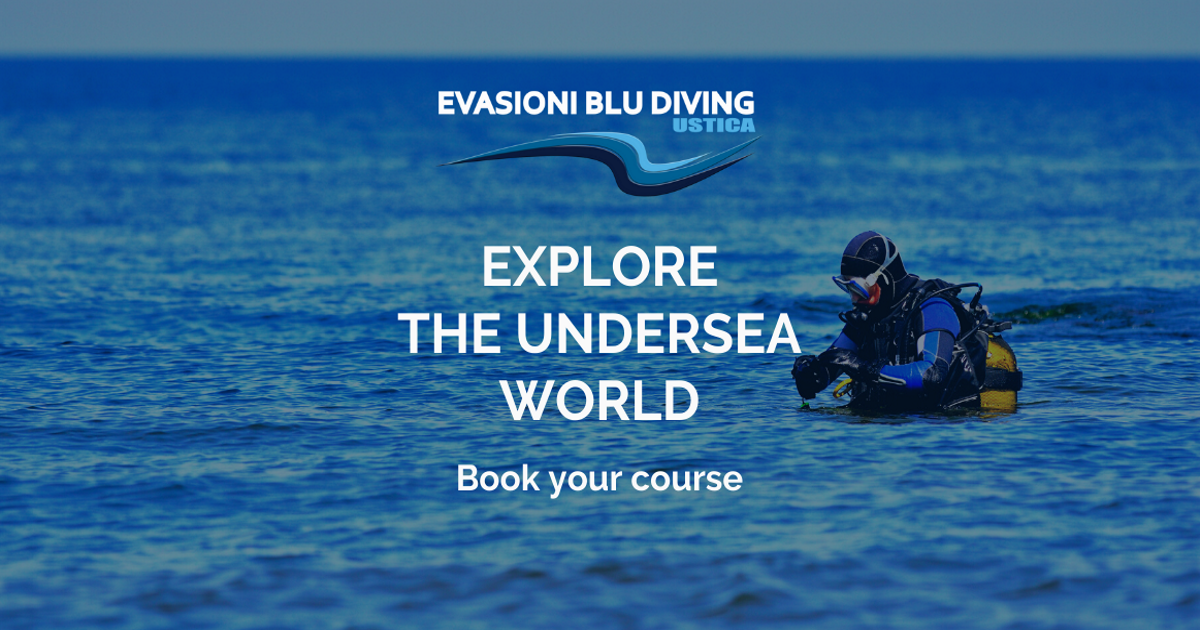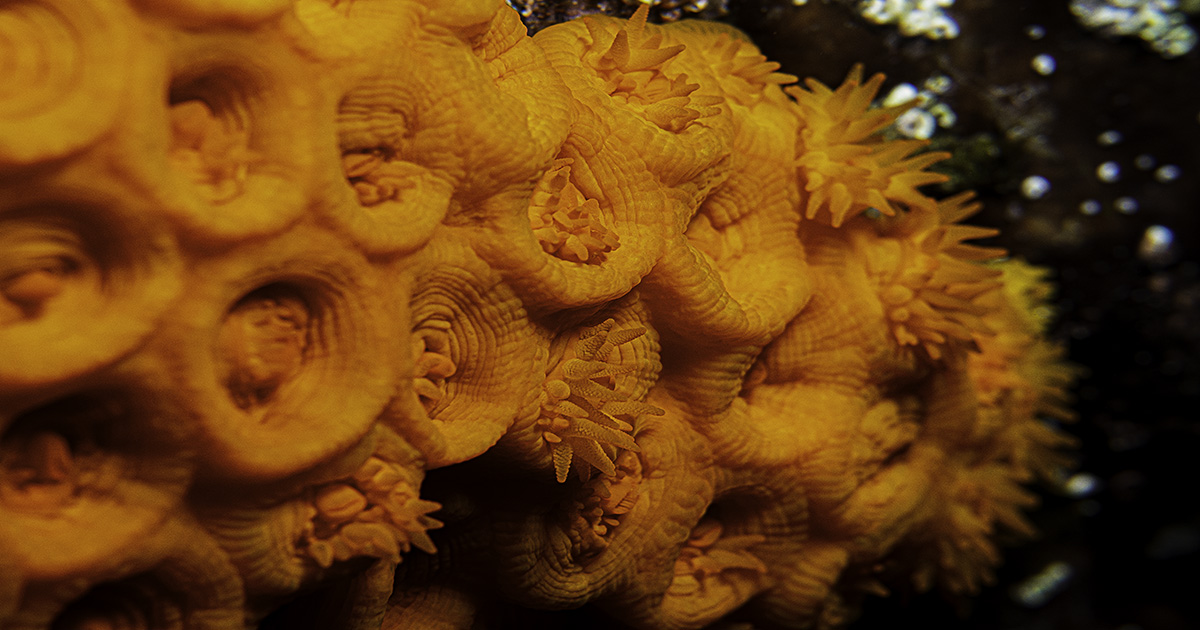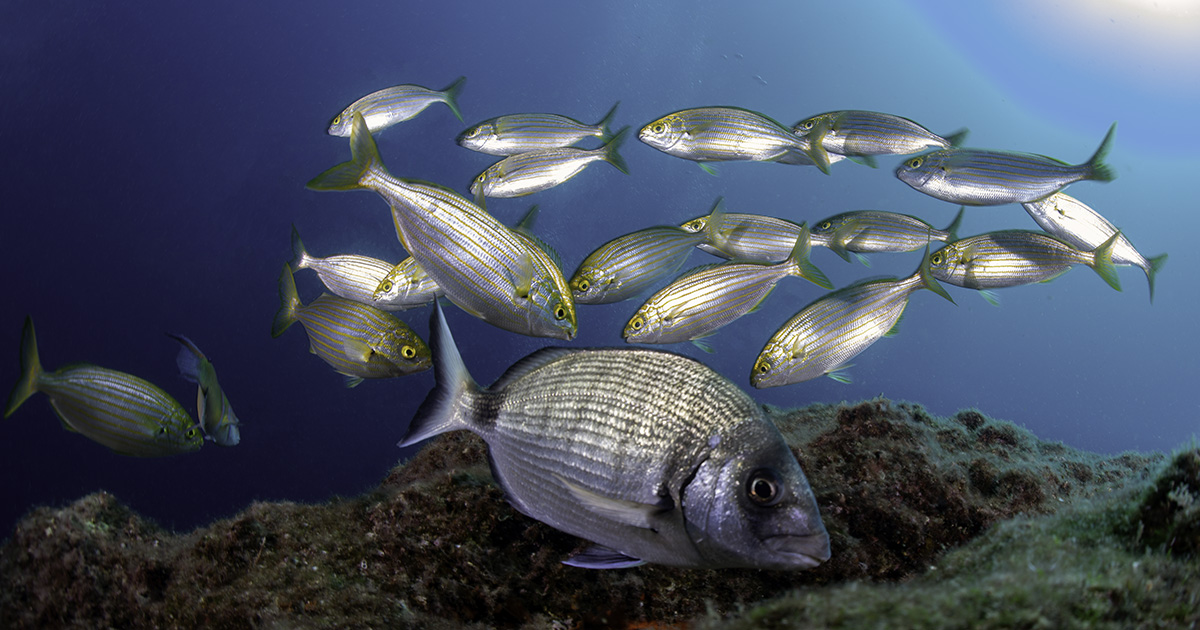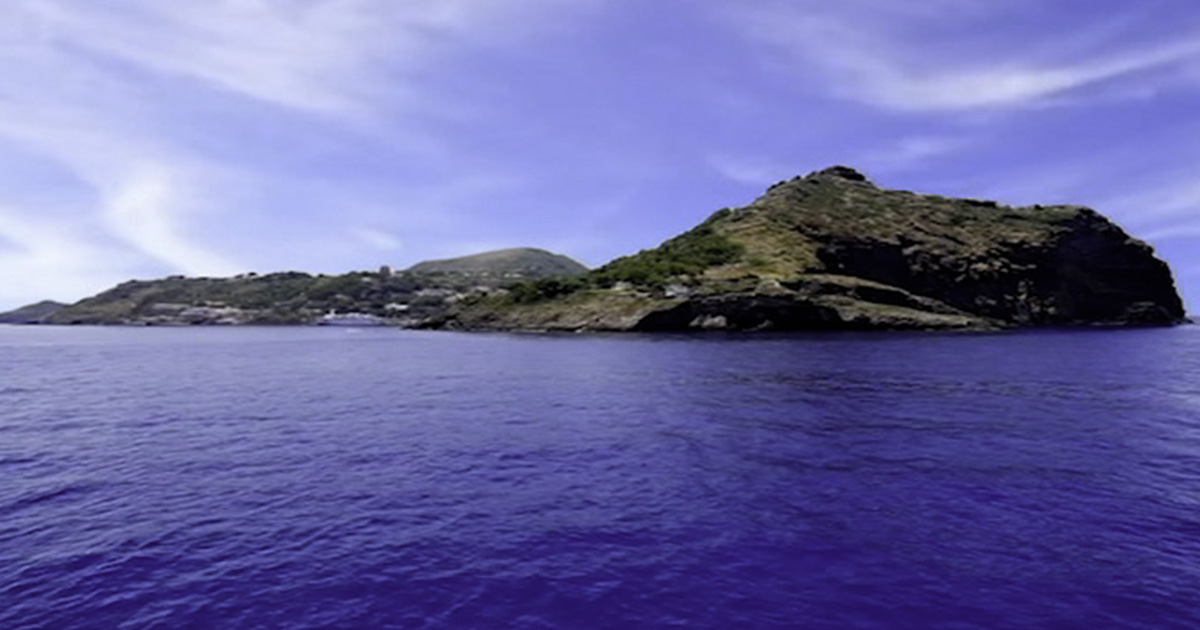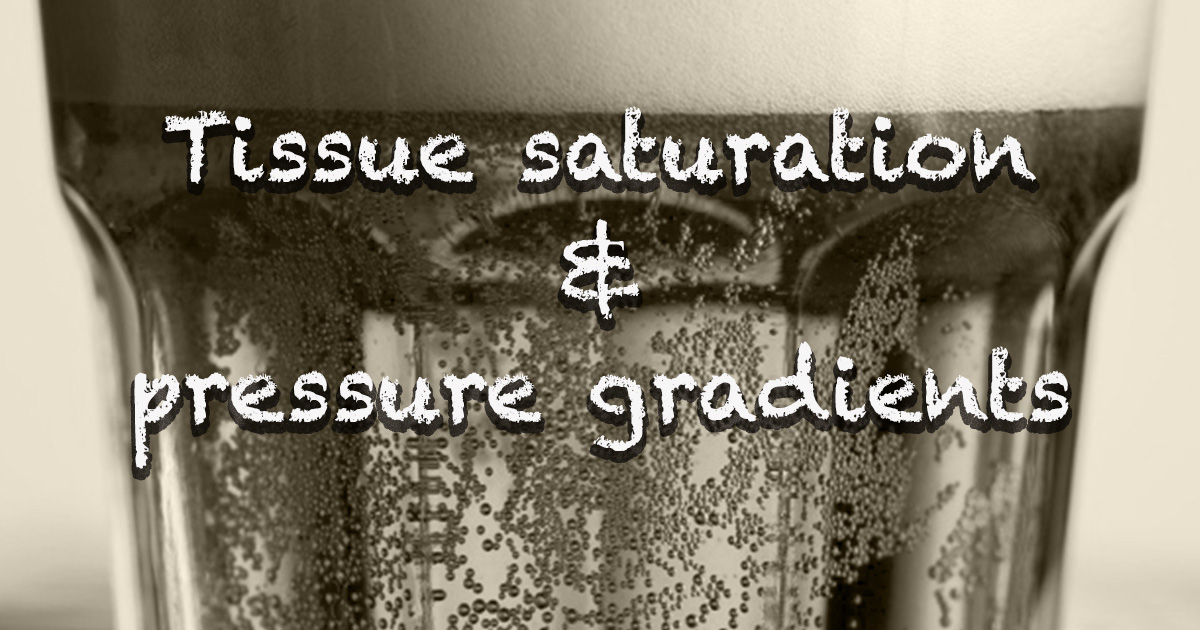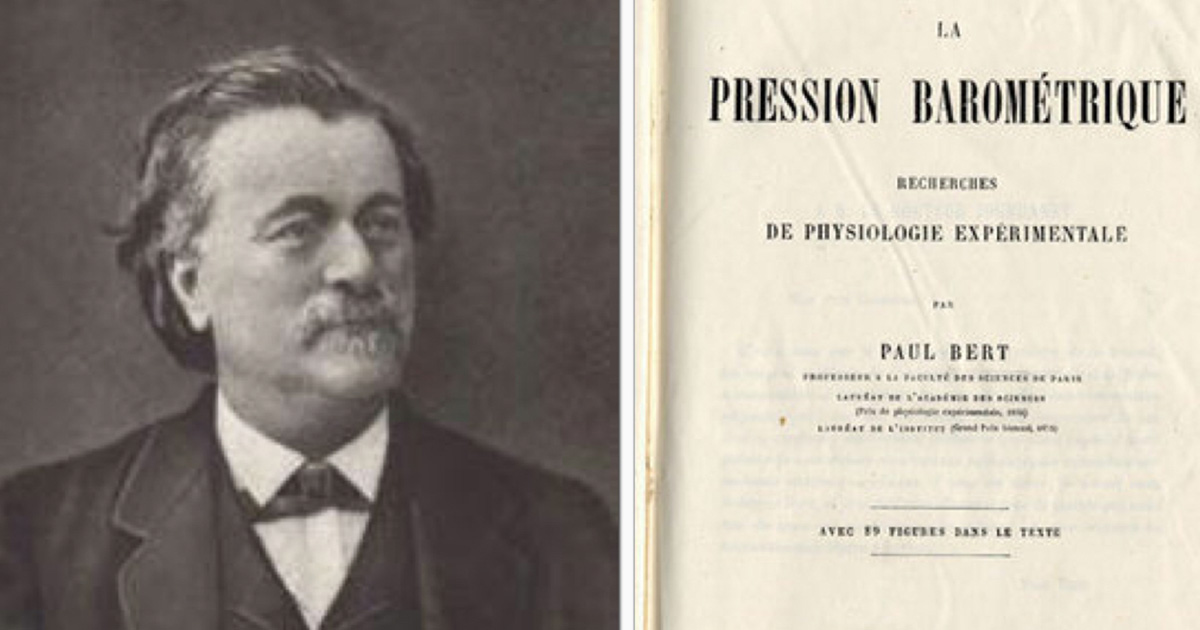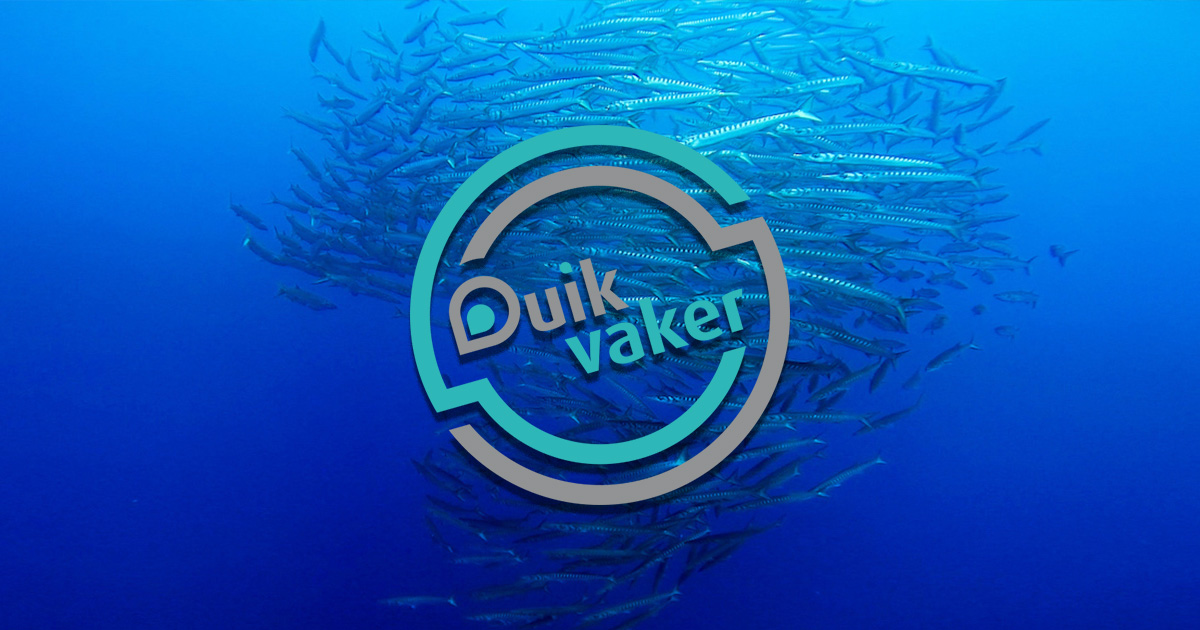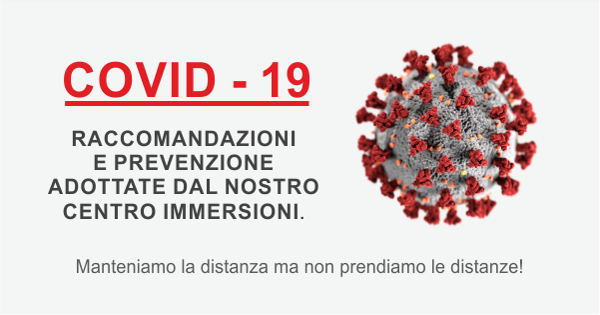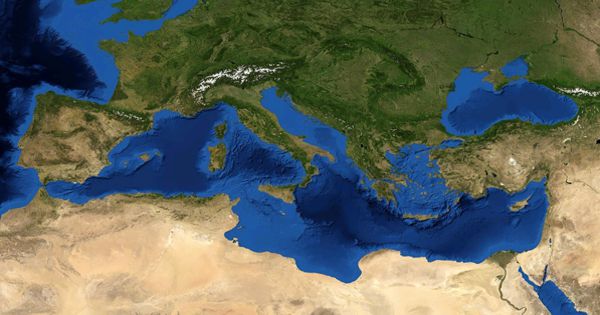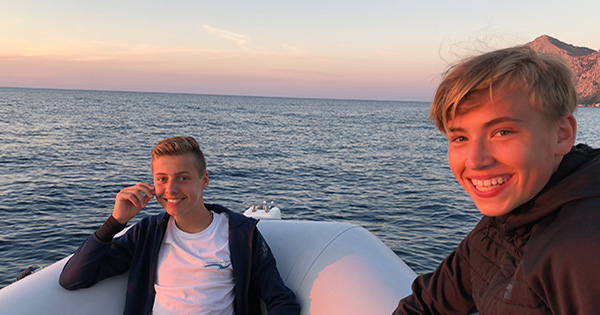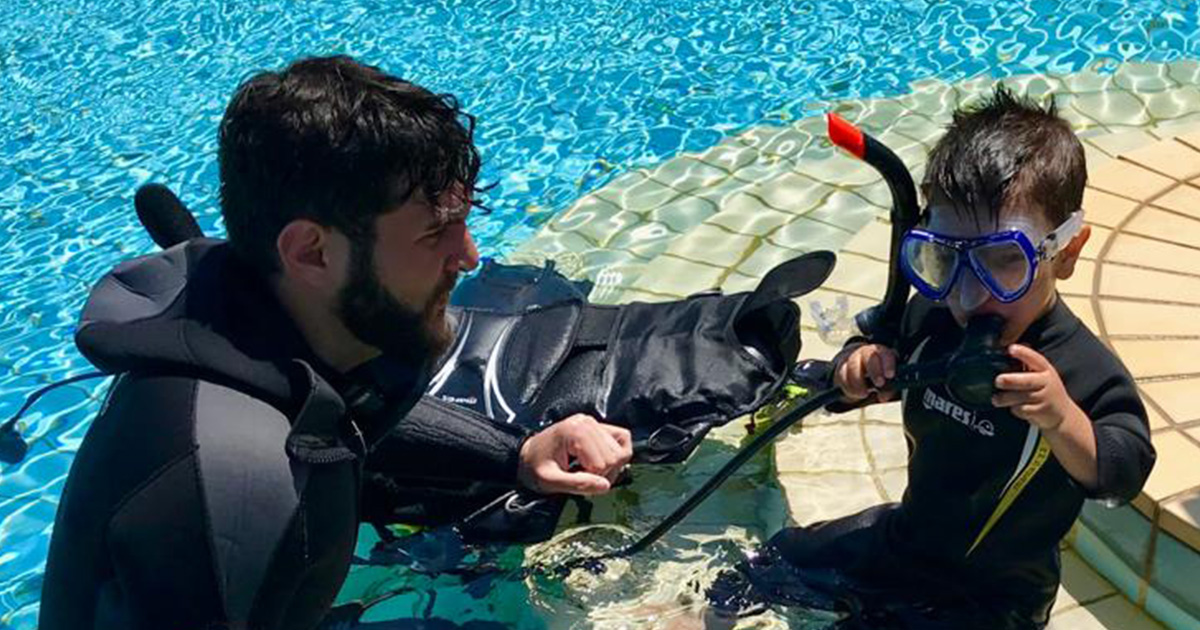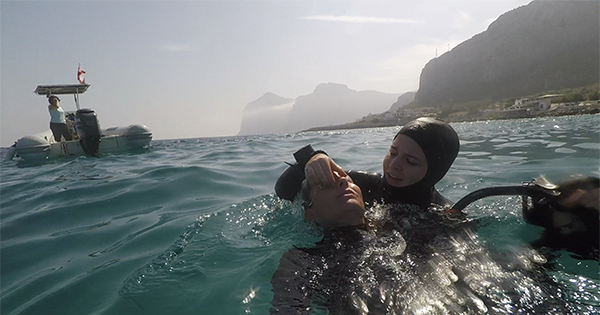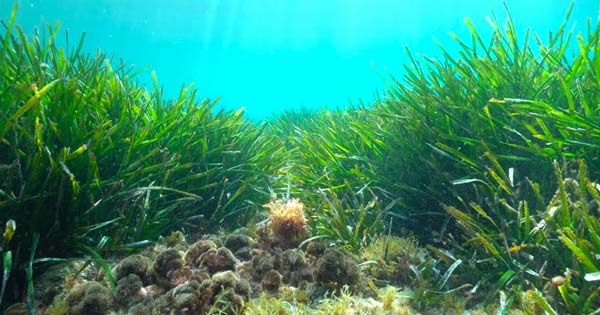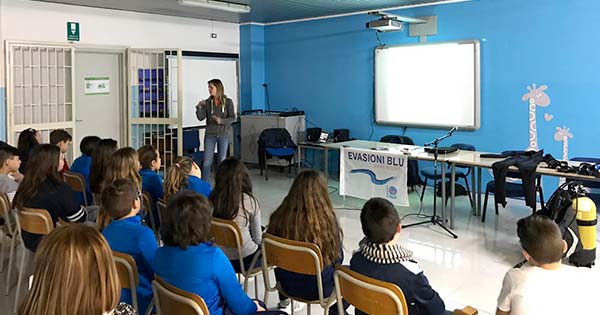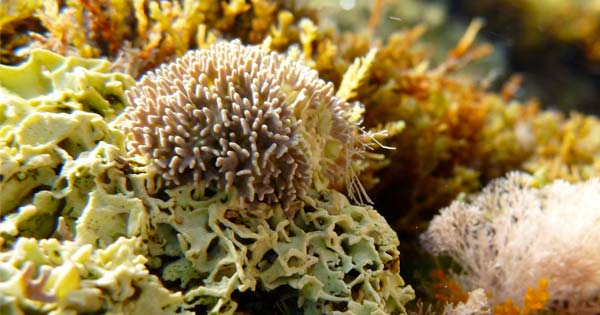DIVING & WELLNESS: Diving after COVID-19
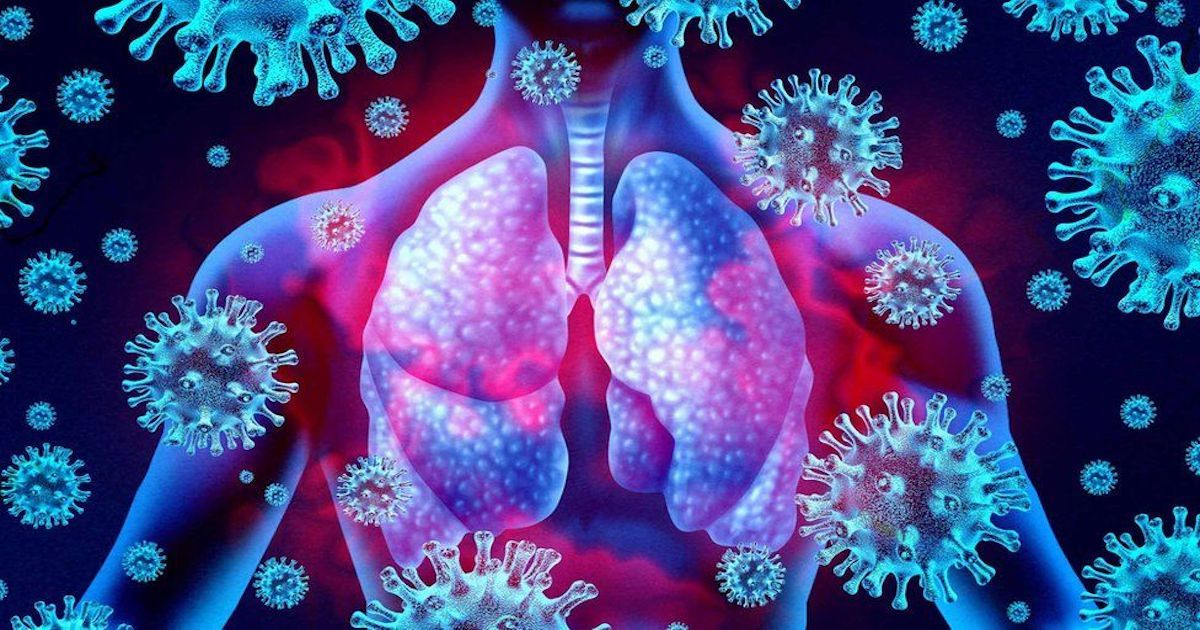
Diving is an activity that physically challenges our body. Our lungs are faced with changes in pressure‚ changes in density of breathed gasses‚ changes of gas partial pressures and the need for washing out inert gasses while our cardiovascular system has to cope with centralization of blood volume‚ increases in systemic blood pressure and thermal stress‚ just to name a few. These challenges demand for a high level of fitness of our body‚ able to handle all these variations in a safe manner. That is exactly what your physician tests during your medical examination for divers: whether the fitness of your body is enough to deal with the challenges of diving.
I think we all have heard about COVID-19‚ since the year 2020 has been completely dominated by it. For some more serious than for others‚ but this small virus has had an impact on us all. Scientific evidence about COVID-19‚ or severe acute respiratory syndrome coronavirus 2 (SARS-CoV-2)‚ is accumulating‚ but there is still a lot we don’t know about this illness.
The long-term effects of COVID-19 are still unknown‚ but if this virus behaves in a similar way other coronavirus (Middle East respiratory syndrome (MERS) or SARS-CoV-1) do‚ this may result in long-term damage. Also‚ clinical publications show cases with severe deterioration of lungs‚ heart‚ central nervous system and kidneys after COVID- 19 infection.
Are there long-term effects after COVID-19 infection that may impact diver’s ability to safely return to scuba diving?
The best available evidence up to now is the literature available‚ the pathophysiology of COVID-19 as it relates to diving fitness and the evidence and experience with similar diseases. Based on this evidence‚ the major concerns for divers and diving safety are:
- Residual lung disease from COVID-19 results in a decreased exercise capacity. Divers have an increased breathing resistance during diving due to a reduced chest wall compliance‚ a higher density of the breathed air and reduced volume as a result of fluid shifts in the body. This might be too much to cope with for lungs with residual damage after COVID-19 infection.
- Residual scarring‚ fibrosis and structural abnormalities such as bullae or blebs in the lungs increase the risk of lung overexpansion injury in a diver during a diving ascend.
- Residual lung disease‚ damage of the alveoli and pulmonary vasculature might result in less effective gas exchange and possibly an impaired nitrogen gas washout during diving‚ leaving the diver with a higher risk of developing decompression sickness.
- Coronary artery disease‚ heart failure‚ cardiomyopathies and hypertension may result after a COVID-19 infection. The increased demands placed on the heart from diving‚ make these cardiovascular abnormalities a contraindication to diving. They are well known risk factors for immersion pulmonary oedema and fatalities associated with diving.
- Decompression sickness is thought to be an inflammatory‚ prothrombotic state. A high rate of venous thromboembolism as found in COVID-19 patients‚ might be a predisposing factor for developing decompression sickness in divers.
Though many‚ if not all‚ of these concerns are not proven‚ it is not surprising that they do preoccupy diving medical physicians. Therefore‚ based upon the best available evidence the EUBS has proposed guidelines for evaluation of divers after COVID-19.
Remember‚ just as the medical examination for divers these are recommendations‚ so no obligations. But if you ask me:
Better safe than sorry‚ especially when it comes to diving medicine!
And that doesn’t mean “stop diving”‚ just “dive safely”!
In the scheme below I have summarized the recommendations of the EUBS & ECHM position statement on recreational and professional diving after the COVID-19 outbreak of 21st May 2020.
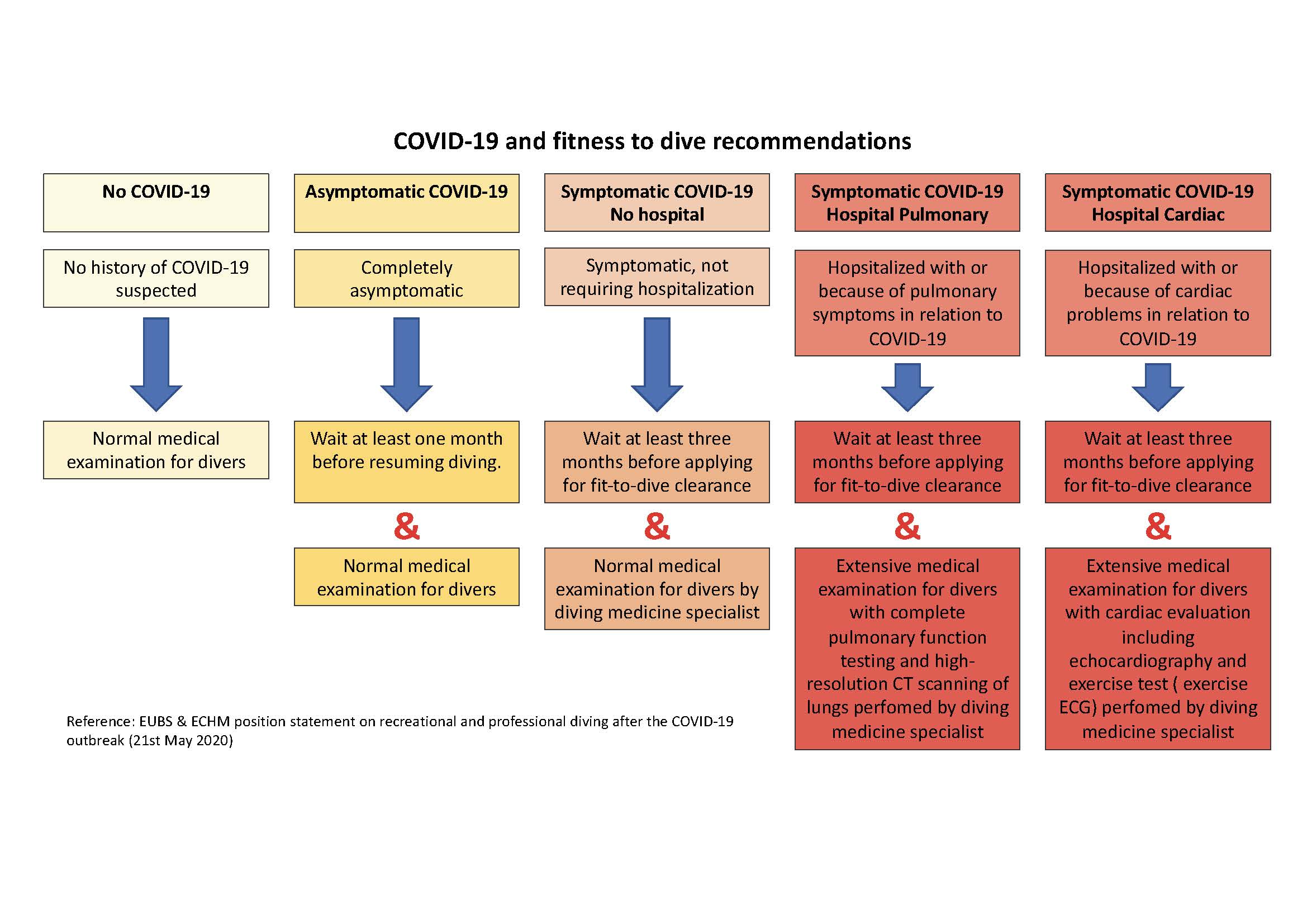
No COVID-19: If no history of COVID-19 is suspected‚ a normal diving medical examination is advised.
Asymptomatic COVID-19: Divers who have tested positive for COVID-19‚ but have been completely asymptomatic are advised to wait at least one month before resuming their diving activities.
Symptomatic COVID-19 No Hospital: Divers who have had symptomatic COVID-19‚ but not requiring hospitalization‚ are advised to wait three months before applying for a diving medical examination performed by a diving medicine specialist.
Symptomatic COVID-19 Hospital Pulmonary: Divers who have had symptomatic COVID-19 and have been hospitalized with or because of pulmonary COVID-19 symptoms‚ are advised to wait three months before applying for a diving medical examination performed by a diving medicine specialist with complete pulmonary function testing as well as a high-resolution CT scanning of the lungs.
Symptomatic COVID-19 Hospital Cardiac: Divers who have had symptomatic COVID-19 and have been hospitalized with or because of cardiac COVID-19 symptoms‚ are advised to wait three months before applying for a diving medical examination performed by a diving medicine specialist with cardiac evaluation‚ including echocardiography and exercise test (exercise ECG).
Esther

